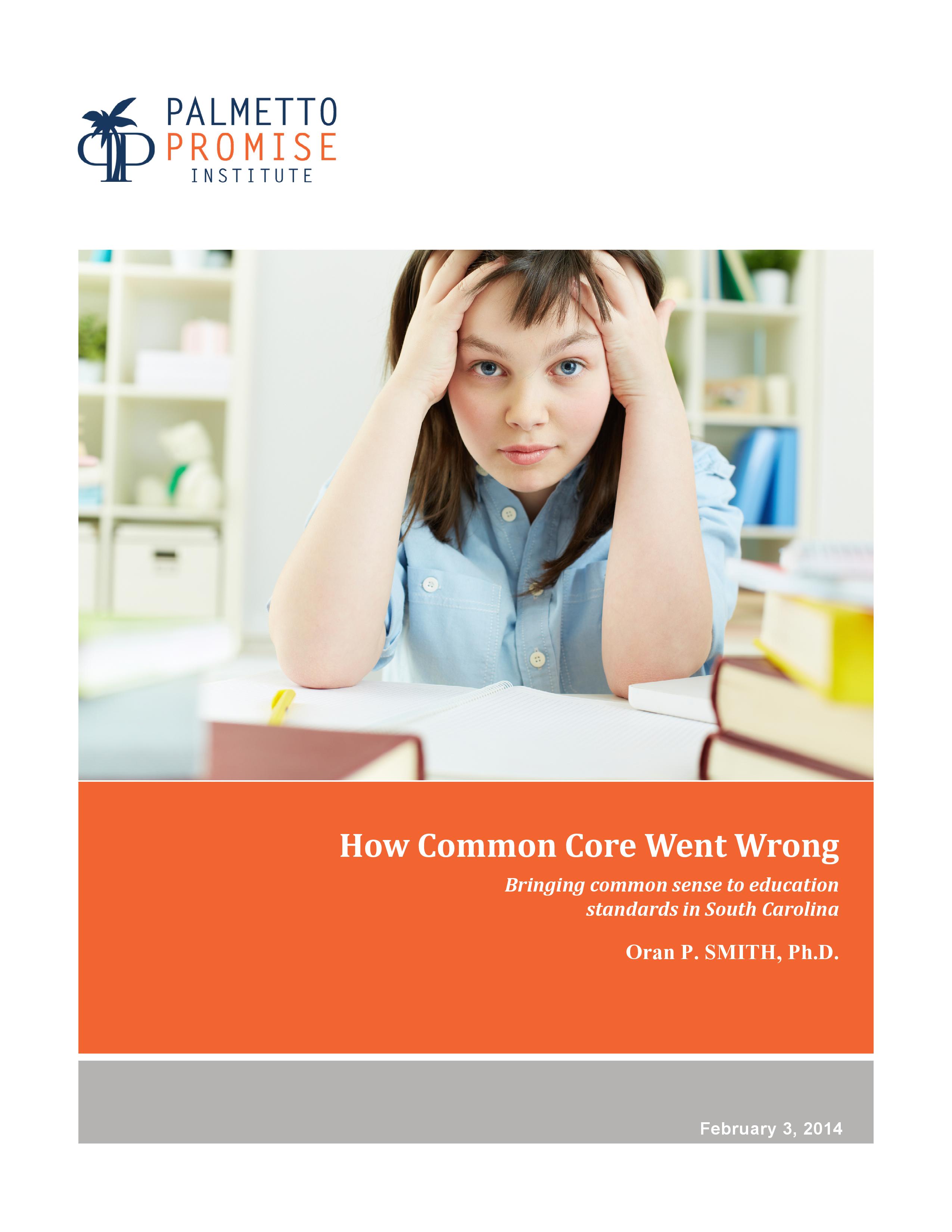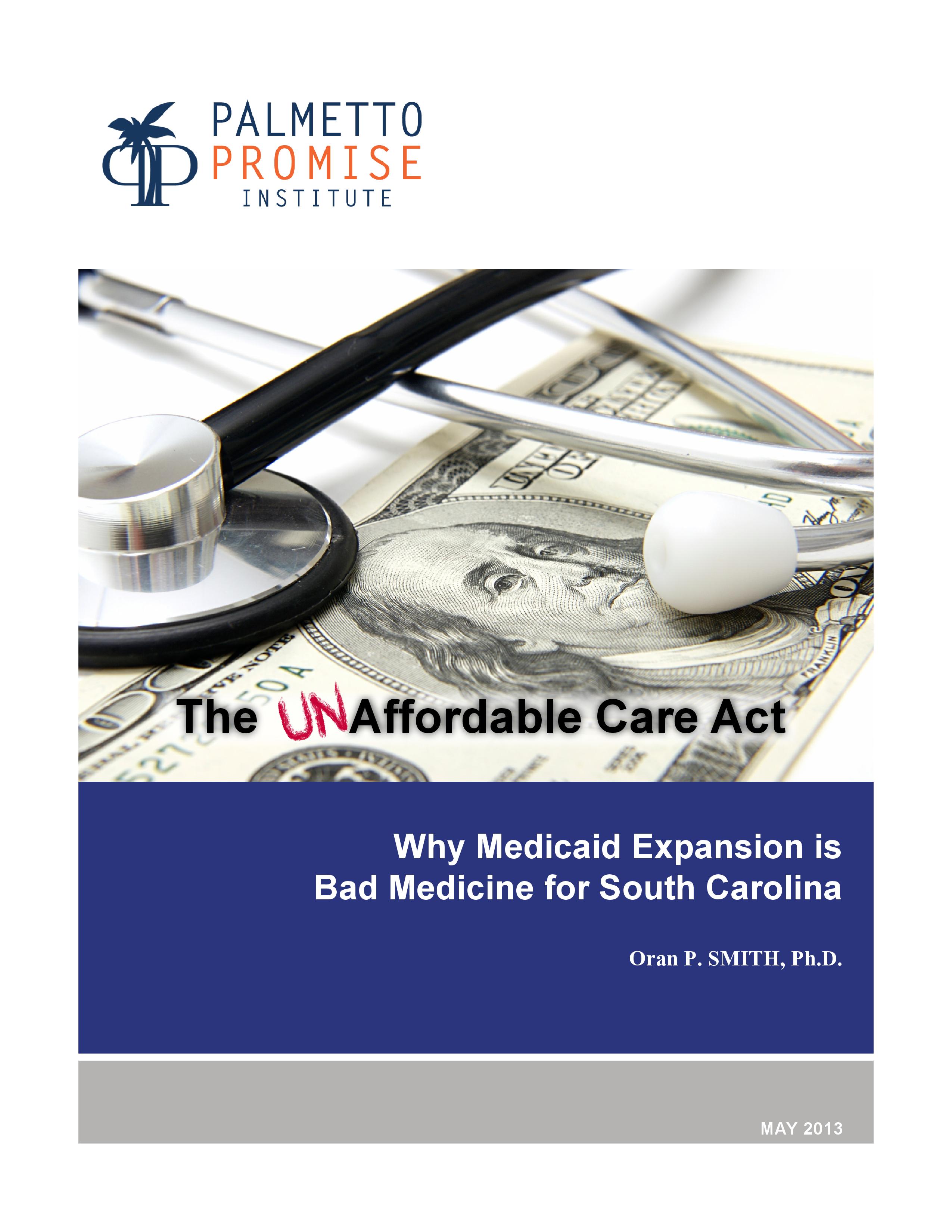Membership in SC’s Public Sector “Unions” – Boon or Bust?

Despite their declining membership rolls, public sector unions ostensibly attract members by touting unions’ collective bargaining abilities to promote higher pay, improve benefits, and increase job security. But that’s not the case in the Palmetto State. Data shows that unionized government workers in South Carolina make 4% less than their non-union counterparts.








